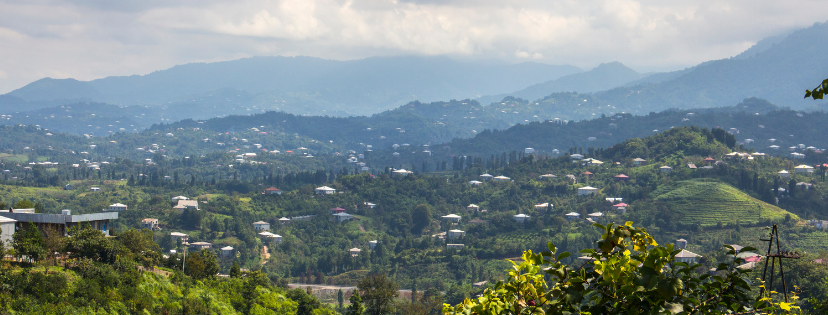
About the Project
The Government of Georgia (GoG) and the World Bank agreed to co-finance the Second Regional Development Project worth US$37.5 million, focusing on the Georgian region of Imereti during the period of 2012-2017. The Project’s development objective was to improve infrastructure services and institutional capacity in the region to increase tourism in the region, thereby boosting the local economy. The Project was expected to improve the access, quality, and reliability of public infrastructure, and to increase the number of points of sales at renovated culture heritage sites and cities. The Government anticipated benefits would be gleaned from the improved institutional capacity of selected agencies and LSGs. Overall, the local population was expected to experience improvements in terms of their welfare and income as a result of the Project. The project-specific objectives included: to achieve a more detailed understanding of the current state of the tourism industry in Imereti; and to deploy mechanisms to monitor the implementation and effectiveness of activities undertaken over a three-year period to increase the number of visitors, spending, employment, and tourism-related investment. Measurement of the Project’s results was supposed to help the GoG to allocate resources more effectively in terms of infrastructure, marketing, human resource development, policy reform, and gender-specific interventions.
Our Role
The ACT team supported the Project by developing and implementing survey strategy to investigate tourism and tourism-related businesses in the Imereti region, and by providing detailed descriptions of SMEs in the region. The selection criteria for such enterprises were based on the NACE classification of activities; only enterprises which met such criteria were considered to be linked to the tourism field and thus suitable for inclusion in the sample. The relevant fields were: hotels, restaurants, eateries and fast food, transportation, leisure, and recreation and sports activities. After the selection of tourism-related enterprises, the sample comprised 912 registered enterprises.
ACT also provided assistance by collecting information regarding enterprises operating in tourism-related fields in the Imereti region, with a particular emphasis on the conditions in which they operated, the services they provided, and the revenues they acquired. Moreover, the survey was designed to provide baseline data for the indicators of the M&E log frame created for the project. The indicators to be measured by the SME questionnaire were as follows: investment and hiring plans in accommodation and leisure activities; and revenue generated from domestic and international tourists.
Project Outcome(s)
Increased infrastructure and institutional capacity to further support tourism development in the Imereti region;